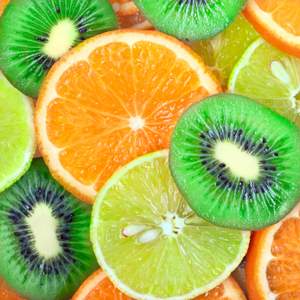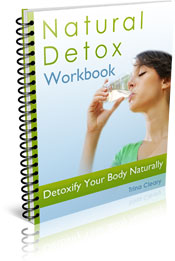Absorbing Nutrients in Foods
The absorption of nutrients in foods can sometimes be enhanced by the foods they are eaten with. Combine sources of key nutrients with food partners that will aid their absorption into your body.

Vitamin C and Iron
Low iron is a common nutrient deficiency. Vitamin C helps your body to absorb iron from food. Good sources of Vitamin C include cauliflower, broccoli, sprouts, brussel sprouts, potatoes, capsicum, kiwi fruit, oranges, tomatoes, strawberries , peaches, rockmelon, papaya and pineapple.
Tannins (found in tea) and oxalic acid (found in spinach, chard, rhubarb, buckwheat, amaranth, beans and nuts) can reduce iron absorption. However, you don’t have to give up on spinach as an iron source, just eat it in combination with other strong sources of Vitamin C.
Calcium and Vitamin D
Vitamin D helps your body to absorb calcium from food. The easiest way to supply your body with Vitamin D is to get some sunshine, approximately 15 minutes per day.
Salt causes calcium loss and caffeine reduces calcium absorption.
Fruit, Vegetables and Healthy fats
Fruit and vegetables are good sources of vitamins, minerals, antioxidants, phytochemicals and fibre. Many of these nutrients (e.g. beta carotene, vitamin D, and vitamin E) are fat soluble and their absorption is enhanced when consumed with a small amount of healthy fats.
Add a small amount of healthy oil (e.g. extra virgin olive oil or flaxseed oil) to the salad dressing or whilst cooking, or include other healthy fat sources such as avocado, coconut, nuts or seeds.
Back to Why is Nutrition Important? from Absorbing Nutrients in Foods
Back to Healthy Eating Guide home from Absorbing Nutrients in Foods










